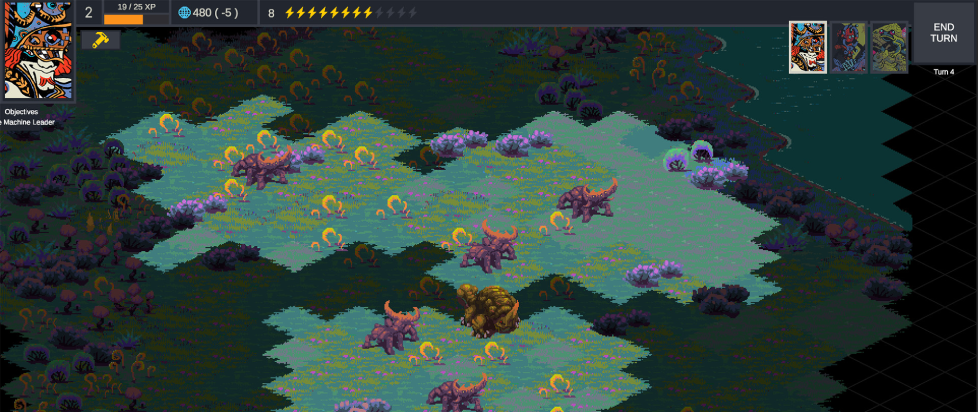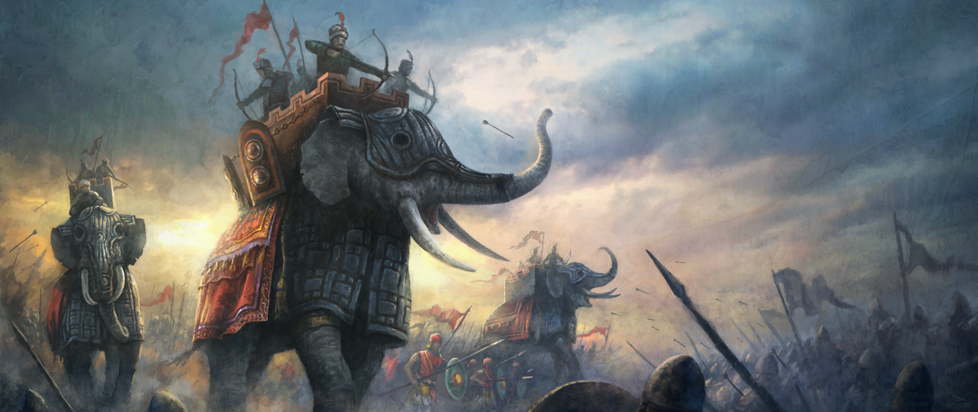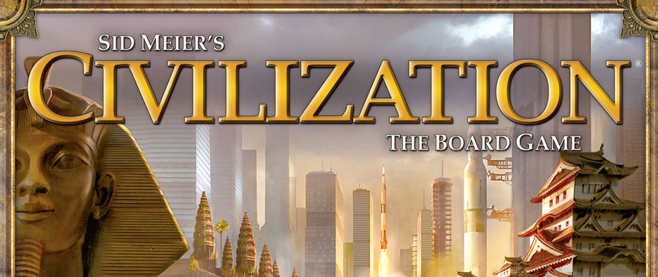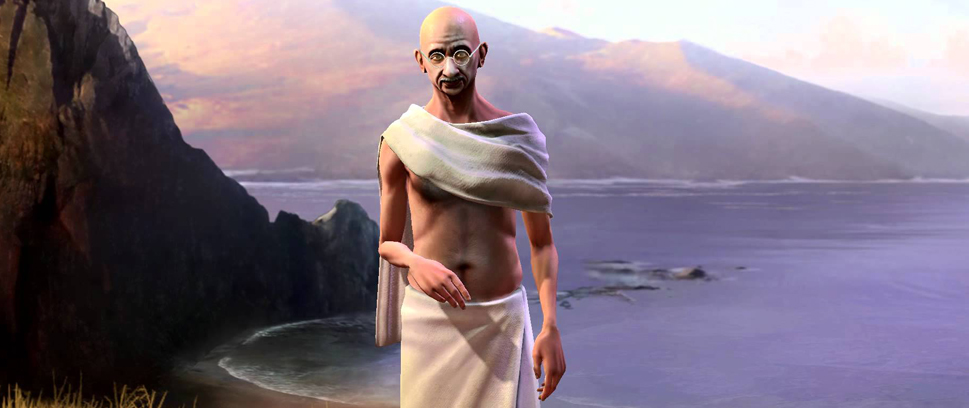
Cantata is Strategy for the Masses
Strategy games are a notoriously complex genre. From grand strategy like Crusader Kings to 4X time-eaters like the Civilization games, the largest titles require training and practice to fully enjoy. This may be as approachable to new players as a friend holding a hefty rule-book at a board game night, which is to say, mechanically (and socially) complicated.
Recently, though, a wave of strategy games have launched with the explicit goal of easing players into the genre. One of them is Cantata, the ecologically-focused strategy game that’s been showing up at industry events like Gamescom for several years now, which launched out of Early Access in August. I spoke with Kyle Kukshtel, lead designer and programmer on Cantata and director of Afterschool Studio, about the game shortly after its 1.0 release.
He describes Cantata as a “gateway strategy game”, a label he attributes to its visuals, which feature isometric pixel art in pastel and muted neon. It’s easy to see why someone new to the genre might be drawn in by the colorful atmosphere. One of the first things I noticed when I played was the character portraits, which are crisp-edged and vividly patterned (for example, the blue hat and beige squared robe of the Shotar of Mars, the first commander character).
But it’s not just the visuals that would draw in a new player. From the start, Kukshtel conceived of it as a “different kind of strategy game”, which would have a few interlinking systems rather than an overwhelming number of options. From a player perspective, I found the art style more welcoming than the systems; it was difficult to keep things like supply lines straight in my head. But the developers still hope this can be someone’s first strategy game.

When the idea for Cantata was first conceived ten years ago, enduring older games like Final Fantasy Tactics and Roller Coaster Tycoon formed the artistic inspiration. The relatively low-fi style also allows easier access for modders; whereas to make content for a 3D game you might need to learn Blender, for Cantata you can use MS Paint. The game’s artistic influences also include the work of Moebius and Twilight Imperium, while the spiritual sci-fi narrative follows books like Annihilation and (perhaps obviously) Dune. Kukshtel estimates that the game includes the equivalent of nine sci-fi films in its nine chapters, the result of a decade of work. As far as the mechanics, they built up from one question: “What if Advance Wars was REALLY big?”
Cantata spent over a year in Early Access, providing “orbital drops”, or updates with new chapters and features, every few months. Functions like turn limits were added, in order to ensure players couldn’t gather infinite resources before pushing forward. The team viewed this time as a collaborative process, where players sometimes had to give up systems they grew attached to as the game moved forward.
One other thing a year of Early Access provided? Balance. Kukshtel notes that the process of developing the game with its community meant that various issues became quickly apparent. I noticed this when I previewed the game last year: for a self-described gateway game, it was tough. This was due to a selectively explanatory tutorial, and to a confluence of complex systems. The developers realized this, making a simpler (and better explained) 1.0. As Kukshtel adds, “having real believers for the general idea of the game” helped push through some of these difficult subtractions.
The final and perhaps biggest way Cantata differs from others in the strategy genre is the way it chooses to center nature’s agency. This was a theme in Terra Nil, a “reverse strategy” game about rewilding that came out earlier this year. In Cantata, you play as three factions on the same planet: the imperial forces trying to take it over, the robot underclass rising up against them, and the planet, Shoal, itself. “We play with a fair number of philosophical ideas in the plot around identity and ‘being’”, Kukshtel said. “The tone we’re taking is much more direct than what you normally find in a game that operates at such a large scale.”

This philosophy comes through in an imbalanced relationship between the conqueror and conquered, which was intended to unbalance the player as well. The planet’s inhabitants are a surprise introduction to this conflict: since the game begins in media res, having another faction that takes everyone by surprise “helps level the information asymmetry you may feel with the other characters”. In other words, the game’s factions are narratively crucial not just because they offer different perspectives on the conflict, but because they help you feel settled into the world.
“Some of the [planet’s] faction goes through some meaningful transformations because of the proxy war, and you can see how this idea of empire is sort of literally and metaphorically distorting,” Kukshtel says. “There’s a big crisis later in the game that gets at this idea, that things aren’t right.”
Throughout its array of systems, Cantata pushes this idea most of all: that outside influence on an alien planet could be warping rather than salvific. Though it’s a basic concept, it’s one that’s lacking in strategy games that can be more focused on suppression of your enemies than on interrogating why a player is where they are in the first place. And this is a final piece that might appeal to someone new to strategy games: a different perspective on what the consequences of domination actually are.
———
Cantata released in 1.0 on PC on August 15, 2023.
Images courtesy of Afterschool Studios.
———
Emily Price is a freelance writer and PhD candidate in literature based in Brooklyn, NY.





